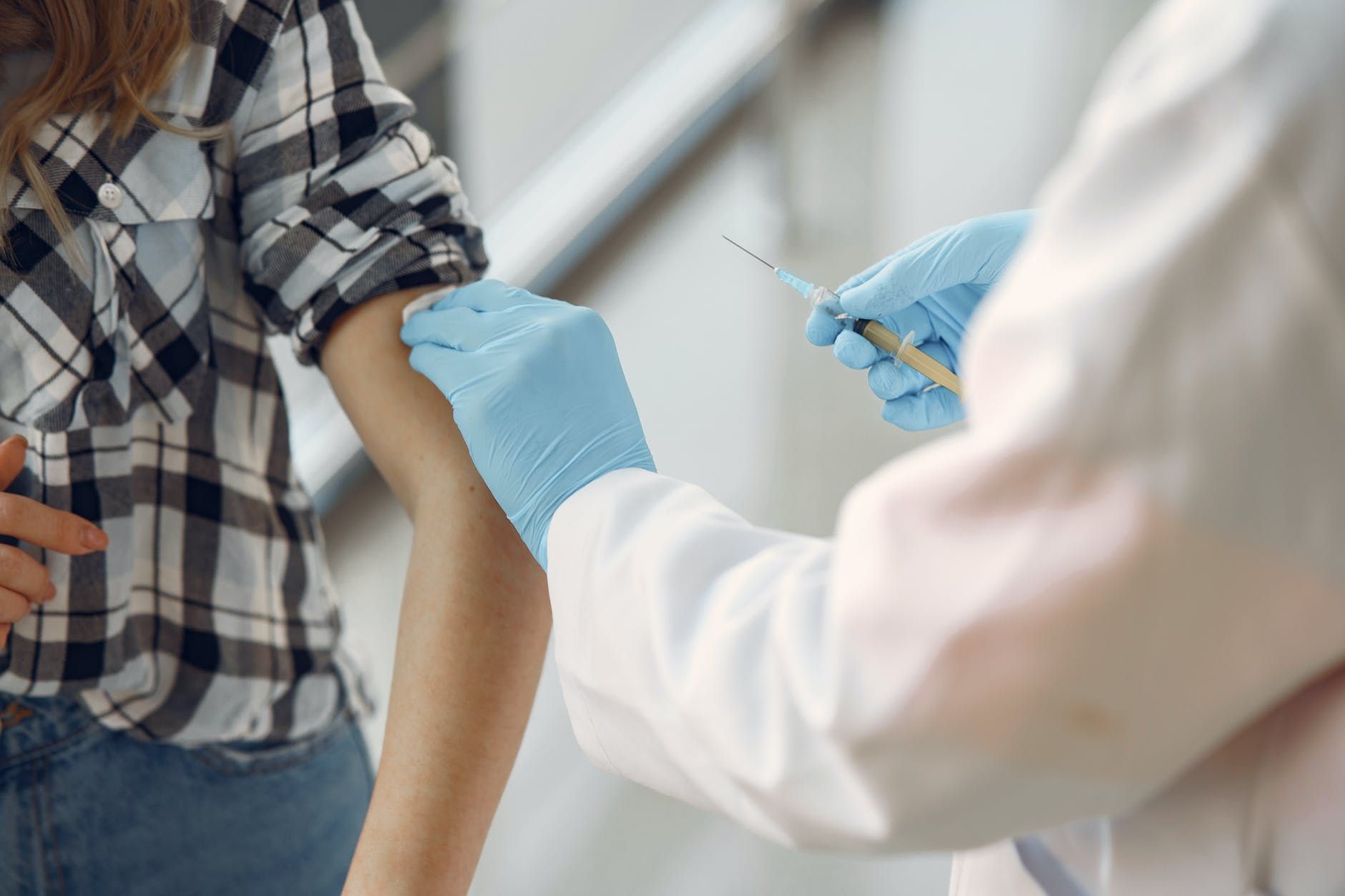CDC Issues Anaphylaxis Report on Moderna Vaccine First Dose
In the initial report, investigators find just 2.5 cases of anaphylaxis per million doses of the Moderna COVID-19 vaccine.

As of January 10, there is only 10 detected cases of anaphylaxis after the administration of more than 4 million first doses of the Moderna coronavirus disease 2019 (COVID-19) vaccine.
In a report issued by the US Centers for Disease Control and Prevention (CDC) using data from the Vaccine Adverse Event Reporting System, of the 10 cases, 9 occurred within the first 15 minutes following the Moderna vaccine between Dec. 21 and Jan 10. In addition, there were no anaphylaxis-related deaths reported.
Overall, there were 1266 (0.03%) reported adverse events following the Moderna vaccine submitted to VAERS, 108 of which were identified for further review as possible cases of severe allergic reaction, including anaphylaxis.
Follow-up
Of the 10 cases of anaphylaxis, 9 were from individuals with a documented history of allergies or allergic reactions. In this group, 5 had a previous history of anaphylaxis. The median interval from vaccine administration to symptom onset was 7.5 minutes (range = 1-45 minutes).
Each of the 8 individuals the CDC had follow-up information for had recovered or been discharged home.
For the remaining case reports determined not be anaphylaxis, 47 were assessed to be nonanaphylaxis allergic reactions, while 47 were nonallergic adverse events.
Limitations
There are known limitations with the CDC report.
First, the report is based on the analysis of passive surveillance data, which includes reporting biases. Underreporting is possible due to a lack of awareness or compliance with reporting requirements and reporting guidance, as well as stimulated reporting related to increased awareness from media or other public information sources.
In addition, incomplete information in reports and potential data lags due to processing times could result in an undercount of cases and lags in reporting for vaccine doses administered could underestimate denominator data.
However, reporting efficiency to VAERS for clinically severe adverse events is expected to be high.
Pfizer Report
The report comes on the heels of an earlier report on the prevalence of allergic reactions following the first dose of the Pfizer-BioNTech vaccine.
Between December 14-23, VAERS identified a total of 21 cases of anaphylaxis, a severe, life-threatening allergic reaction that rarely occurs after vaccination, following the administration of nearly 1.9 million first doses of the Pfizer vaccine.
The numbers equate to 11.1 cases per million doses, with 71% of the adverse reactions occurring within 15 minutes of vaccination. However, 17 of the 21 cases of anaphylaxis were in individuals with documented histories of allergies or allergic reactions, 7 of which had a history of anaphylaxis.
The median interval from vaccine administration to symptoms onset was 13 minutes (2-150 minutes).
In addition, the 20 individuals with available follow-up information had all recovered or been discharged home.
The adverse reactions were reported through a number of channels, including direct outreach by health care providers and public health officials, as well as reports to VAERS, the national passive surveillance (spontaneous reporting) system for adverse events following immunization.
VAERS is jointly operated by the CDC and US Food and Drug Administration (FDA). Reports of an adverse event to VAERS are followed up with direct outreach, including telephoning contacts listed in the VAERS report to gather additional clinical details and collecting medical records.